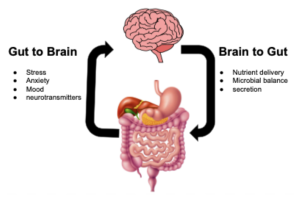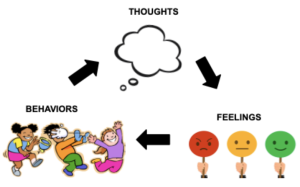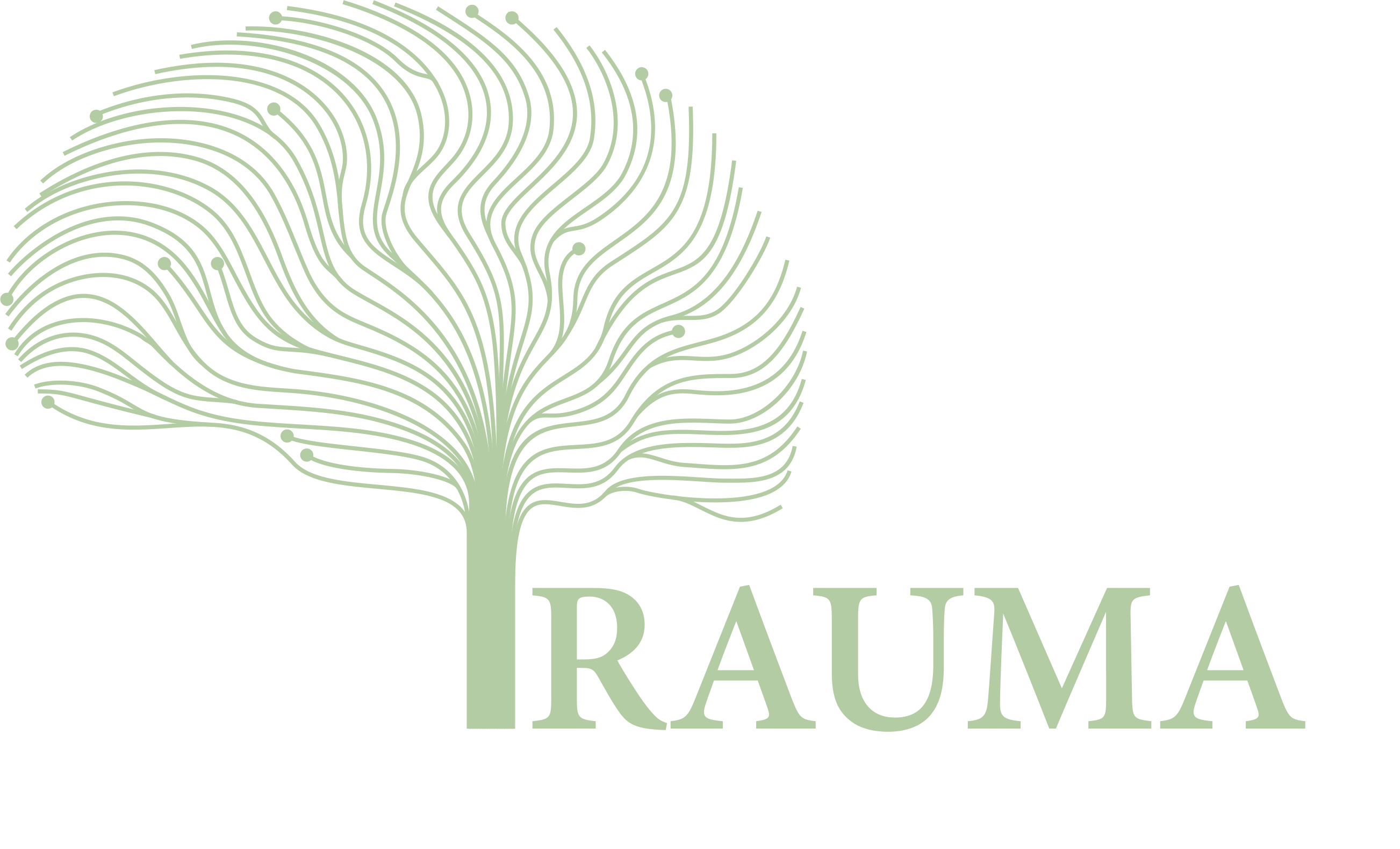Irritable bowel syndrome, frequently referred to as IBS, is one of the most common functional gastrointestinal disorders affecting about 15% of adults worldwide. Although IBS feels like a medical condition, we now know that stress significantly increases IBS symptoms, meaning that one prominent way to treat IBS is with therapy. Individuals with IBS struggle from a lack of communication between the central nervous system (brain and spinal cord) and the enteric nervous system (gut). The brain-gut axis, a path connecting the brain to the gut, relies on chemical messengers like serotonin to effectively connect the pathways. You may have heard that serotonin is also a neurotransmitter that is highly related to conditions like depression and anxiety. As a result, emotions affect the GI tract and the GI tract affects one’s emotions. Feelings of stress and anxiety, including trauma histories or current relationship and work stressors, can increase stomach pain and irritability to those who are already sensitive to IBS.

Cognitive Behavioral Therapy
Cognitive Behavioral Therapy is a research-based, active therapeutic approach that redirects an individual’s thoughts, emotions, and behaviors. Have you ever noticed worry thoughts increasing sadness or anxiety that end up in problem behaviors such as yelling, shutting down, or staying in bed? IBS can add to this irritability with stomach challenges that keep you angry or isolated. CBT is a premier therapy that is known to help individuals modify their outlook to increase helpful thoughts. This then improves our emotional state and, importantly to IBS, decreases physical discomfort in the gut. Cognitive behavioral therapy utilizes cognitive strategies (challenging irrational thoughts, visualization, calming self-talk, thought stopping, etc.) and behavioral strategies (breathing, muscle relaxation, desensitization, etc.) to directly address IBS and related symptoms.

How is CBT Helpful for IBS?
Although CBT cannot cure IBS, it helps the brain communicate with the gut to suppress many of the painful and uncomfortable symptoms. It also works in the brain by improving serotonin production and movement. Beyond that, individuals participating in CBT treatment are taught how to directly regulate and decrease the physical symptoms they experience.
The following coping skills are taught to individuals struggling with IBS:
Abandon myths about IBS by better understanding how the mind and body are connected
Practice proactive relaxation methods – such as specialized breathing or muscle relaxation
Understand how to reduce problematic thought patterns that worsen symptoms
CBT treatment for IBS is intended to be a short-term and collaborative treatment plan.
Controlling Emotions with IBS
Individuals with IBS are more susceptible to psychological disorders and often experience symptom-specific anxiety that negatively progresses their condition. With the aid of CBT, much of that anxiety, and physical discomfort, can be reduced.
Negative Perceptions – Chronic IBS symptoms over an extended period can often lead people to develop an uncomfortable, or even distorted, perception of their IBS experience. Such an outlook can worsen an individual’s symptoms. It is normal for those with IBS to begin catastrophizing their situation or assume the worst. CBT aids in modifying one’s mental state to retain realistic optimism as symptoms decrease.
Stressful Events – Unfortunate life events can be controllable or uncontrollable, but often lead to two reasonable approaches. With problem-focused/active coping, individuals actively address the issue by developing goals, making pro/con lists, etc. With emotion-focused or more passive coping, individuals redirect their attention away from the issue through methods of distraction or relaxation. CBT helps one’s ability to actively cope with an issue wether it be physical pain or other life stressors.
Fight or Flight Response – The feeling of pain triggers a “fight or flight” response in the body that leads to an influx of stress hormones, high blood pressure, and a fast heart rate. Gut problems similarly initiate this reaction and include symptoms of diarrhea, constipation, pain, and discomfort. Through CBT, “fight or flight” responses can turn to a “rest and digest” response.
Effectiveness of CBT
As supported by over 30 years of research, Cognitive Behavioral Therapy has been shown to improve bowel discomfort, psychological distress, and quality of life. Various studies have displayed a significant decrease in IBS symptoms following CBT.
Determine if CBT will help alleviate your GI Symptoms
Individuals with IBS should seek a mental health professional or therapist specializing in CBT who will assess the IBS symptoms and determine if CBT is an appropriate strategy. Mental-health professionals will typically meet with an IBS client for at least 4-12 sessions and should be willing to work with a client’s gastroenterologists or other health professionals.
For more information about cognitive behavior therapy or if you’re looking for a CBT therapist, the experts at Trauma Therapy are here to help.
References
Barbara Bolen, P. (2021, October 1). How cognitive behavioral therapy may help ease your IBS symptoms. Verywell Health. https://www.verywellhealth.com/cbt-cognitive-behavioral-therapy-for-ibs-1945355
Cognitive behavioral therapy for Irritable bowel syndrome: Society of clinical psychology. Society of Clinical Psychology | Division 12 of the American Psychological Association. (2021, December 7). https://div12.org/treatment/cognitive-behavioral-therapy-for-irritable-bowel-syndrome/
International Foundation for Gastrointestinal Disorders, Inc. (IFFGD). (2023, March 28). Cognitive behavioral therapy for IBS. About IBS. https://aboutibs.org/treatment/psychological-treatments/cognitive-behavioral-therapy/
Thrasybule, L., Smith, Z., Welch, A., Vogt, C., Sullivan, K., Rauf, D., Okoji, J., & Rapaport, L. (n.d.). Cognitive behavioral therapy and IBS symptoms. EverydayHealth.com. https://www.everydayhealth.com/ibs/cognitive-behavioral-therapy-ibs-symptoms/


